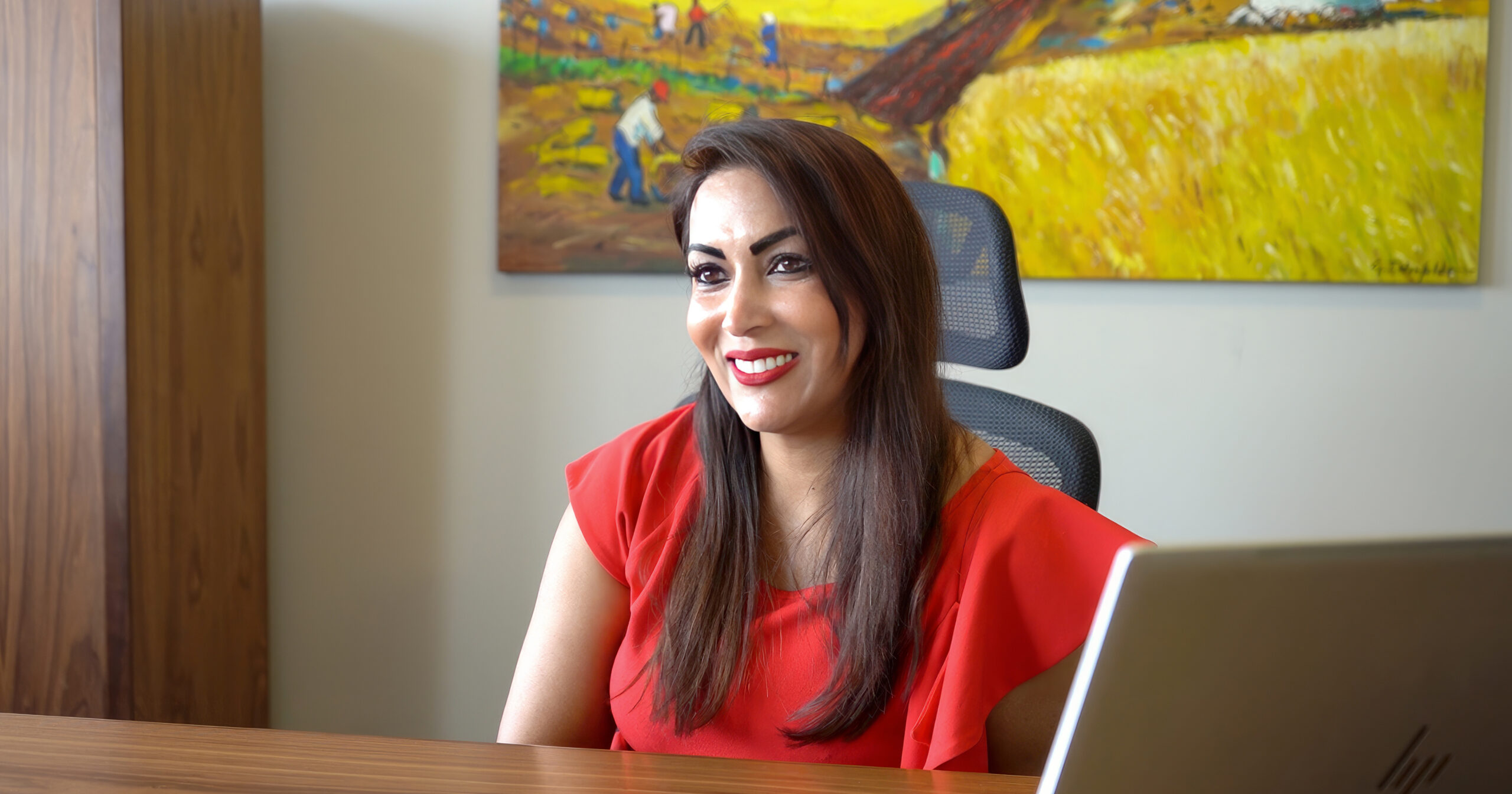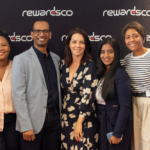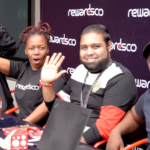Branding creates an identity for your business. It sets you apart from competitors and makes you memorable to your customers. However, a brand can become outdated over time. We live in a rapidly changing world and the marketing environment is no different. As your company and the environment in which you operate in continues to grow, so should your brand. Think of it as a way of weeding out the old so that your brand can grow in a healthier way. Keeping your brand relevant means trying to remain ahead of your competitors and maintain your brand image while continuing to meet consumer needs.
Branding changes can be either evolutionary or revolutionary. An evolutionary change refers to minor changes, such as the logo, while revolutionary changes are bigger, such as renaming a company to avoid a negative reputation.
How do you know when to consider evolving your brand?
- Your competition is growing, and you want to remain competitive: Perhaps there is something that your competitors are doing that you can improve on or maybe there’s a gap that you can fulfil.
- You want to market new products or services: If you’re growing into a new industry, your old brand might work, but if you are expanding to sell a completely different product, rebranding would be an easier way to tie the products together. In this instance, you might even want to start a new brand.
- Your brand identity, such as your logo, is outdated: Updating your brand identity could draw in a new audience.
- Your brand name no longer reflects your brand vision or your business objectives: As a company grows, it can change from what it was when it started. Rebranding helps to reflect this change.
How to Keep Your Brand Relevant
- Keep up with the times: Is there a new social media platform that your audience is utilizing or engaging with new content? Keep up with what your industry is doing and how things are changing. For example, short-form videos are popular now. Is this something that your audience has shown interest in? Can you create content based on short-form video?
- Take a customer-centric approach and speak to your customers: Trying to keep up with shifting industry trends can be tough, so focus on your customers and their needs. Your efforts should be tailored to providing value for them. Don’t assume how they feel or think but rather ask them. This could be in the form of surveys or a dedicated customer support team. Customer feedback shows you how customers think, which gives you a clearer direction.
- Think of the product in new ways: Think outside the box so that you can redefine what you offer. When Netflix started out, they didn’t just offer DVDs – they offered entertainment, and this is something that they still do today.
- Audit and analyze your brand consistently: Keep auditing your messaging and your content to ensure that they remain authentic to your brand while keeping your customers engaged. This is also an excellent way to gauge if your messaging needs to be amended.
Benefits of Brand Evolution
- You can remain current: Ensuring that your visual elements are up to date communicates to your customers that you are relevant. Your products and services should also keep up with the trends in your industry so you can be perceived as being educated about your industry.
- You can attract a new audience: You can advertise your business to customers who may not have been aware of you previously.
- You can showcase new products or services: A rebrand give you the chance to display new offerings and services.
Once you have decided that your brand needs to evolve, it is important that this change is led by strategy and not personal taste. Without strategic evolution, your brand can become stagnant. Businesses need to grow and capture new audiences. Brands that evolve are the brands that stand the test of time. Now more than ever there is great competition for audience’s attention, time and money. A total brand revamp is not necessary but updating different aspects of a brand could serve to draw in new audiences while keeping current customers loyal. You need to be able to remind both old and new customers of your relevance in the market.
Examples of brands who evolved and got it right:
- McDonalds: In 1948, McDonalds used a logo with an illustrated chef mascot named Speedee. Speedee was replaced in 1952 by the Golden Arches that we know and recognize today. Since then, McDonalds has undergone many rebrands, proving that they understand the need to adapt to a changing audience.
- Microsoft: Microsoft led the computer software game in the 80s, however, they faced challenges in the early 2000s due to the rise of handheld devices. A 2012 rebrand and a shift from tech to online business services allowed Microsoft to remain relevant and in business.
- Netflix: Netflix started off as a rent-by-mail DVD platform but eventually moved to streaming. By 2013, Netflix released their first original series, “House of Cards”. Netflix is now seen as both a streaming service and a producer of original content that keeps growing in popularity.
- LEGO: LEGO had been marketing their products to children and parents while overlooking their adult fanbase. Once they adapted some of their marketing and targeted adults, they were able to engage with a new audience. The company has also adjusted to digital marketing and new media. In 2005, they launched the LEGO factory, a website that allowed customers to build custom models and purchase all the pieces they needed to create these models in real life. In 2014, the company went on to create the LEGO movie as well as a line of LEGO video games for various gaming consoles.
Failure to evolve could mean losing both market relevance as well your customers to competitors. By constantly analyzing your industry, trends and your audience, you’re able to keep ahead of the curve and be aware of when you should update your brand.










